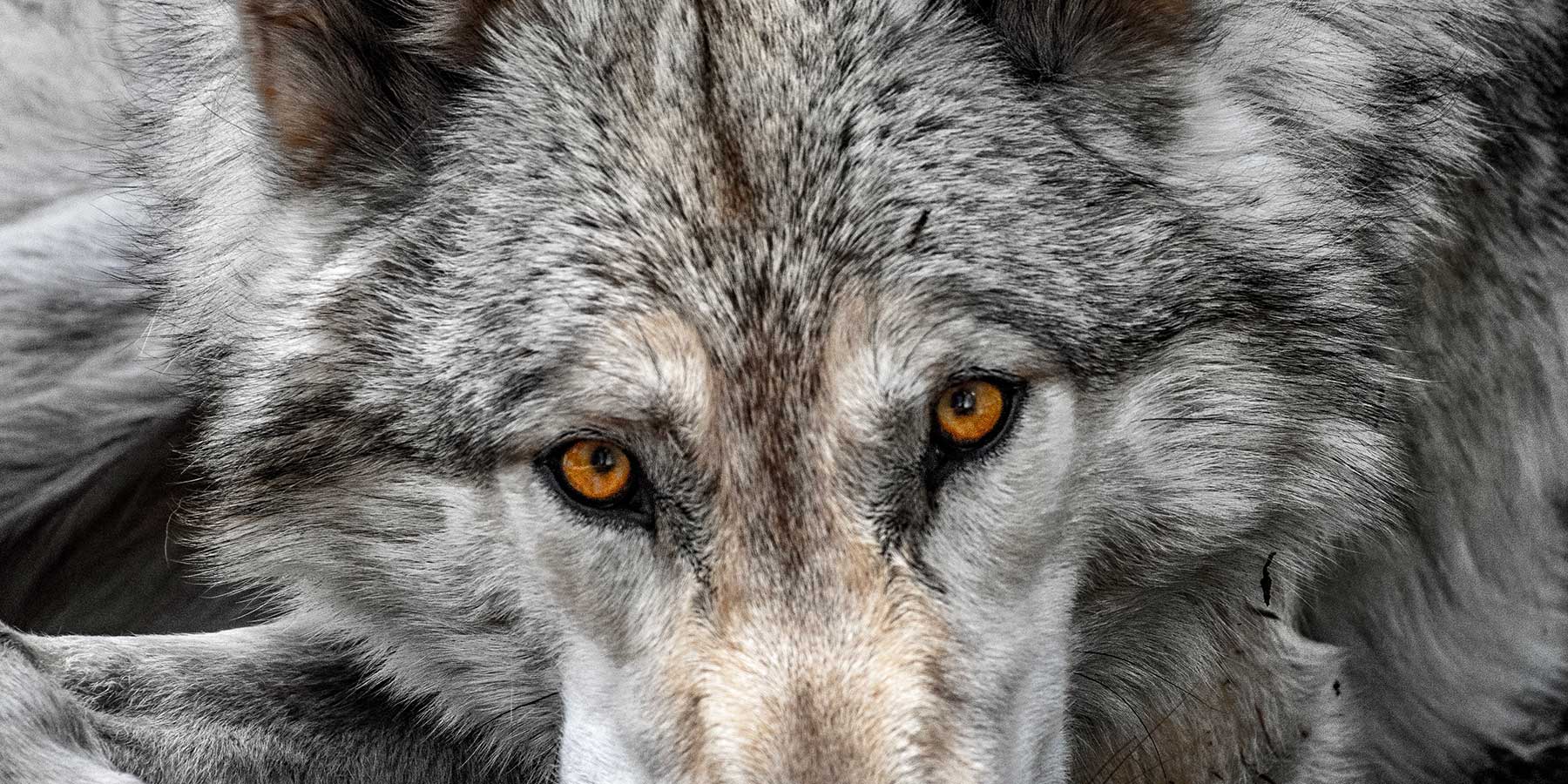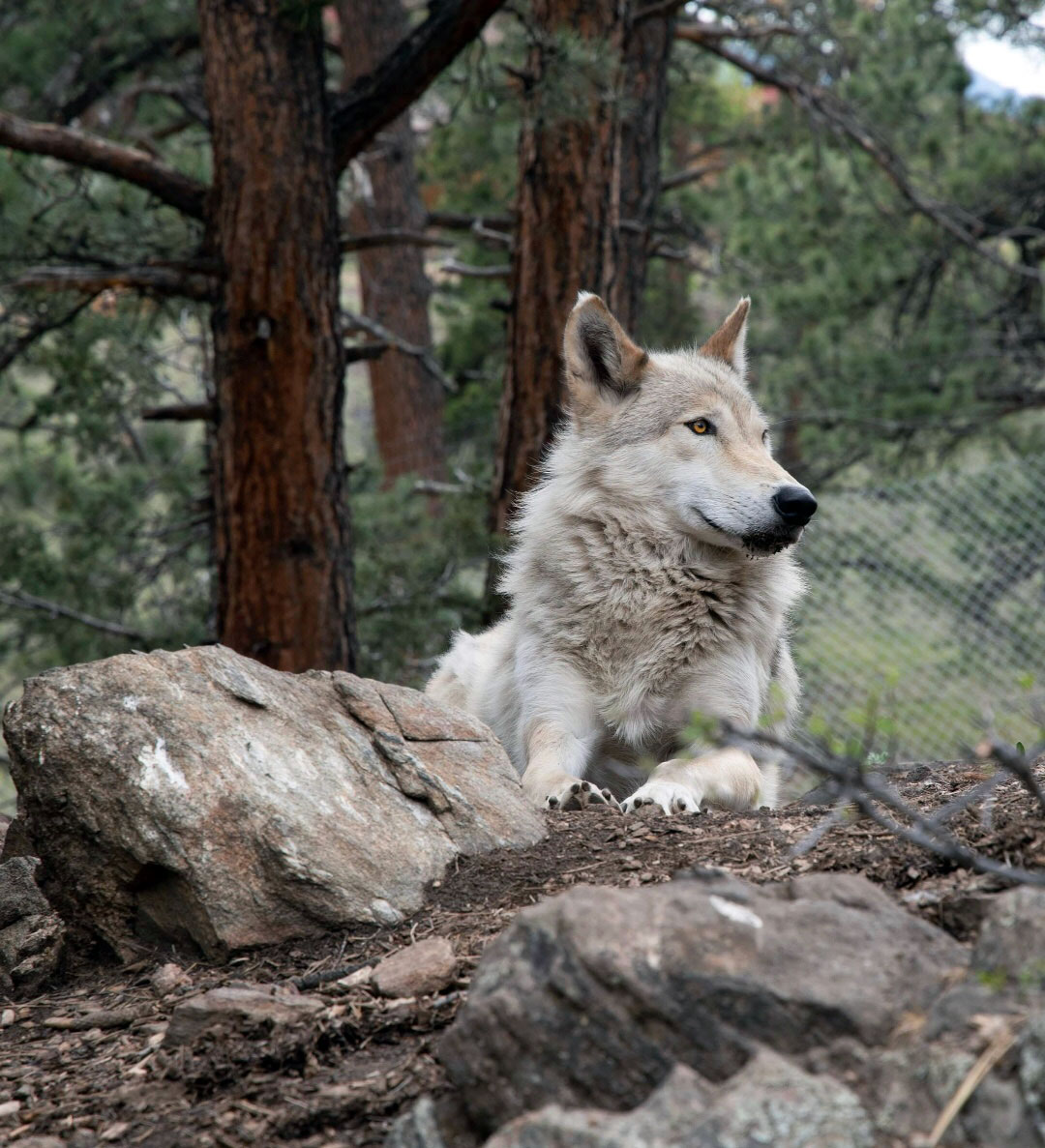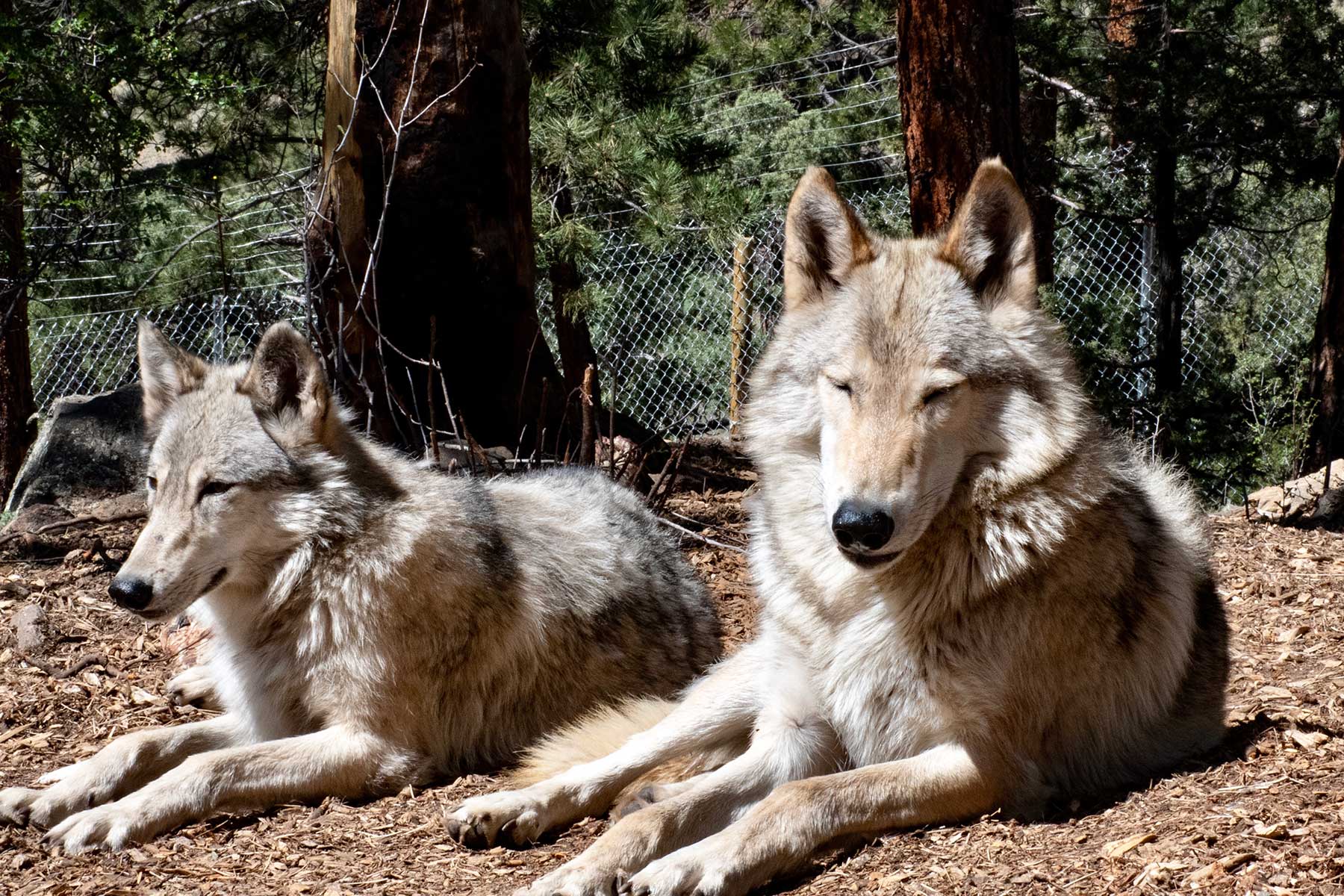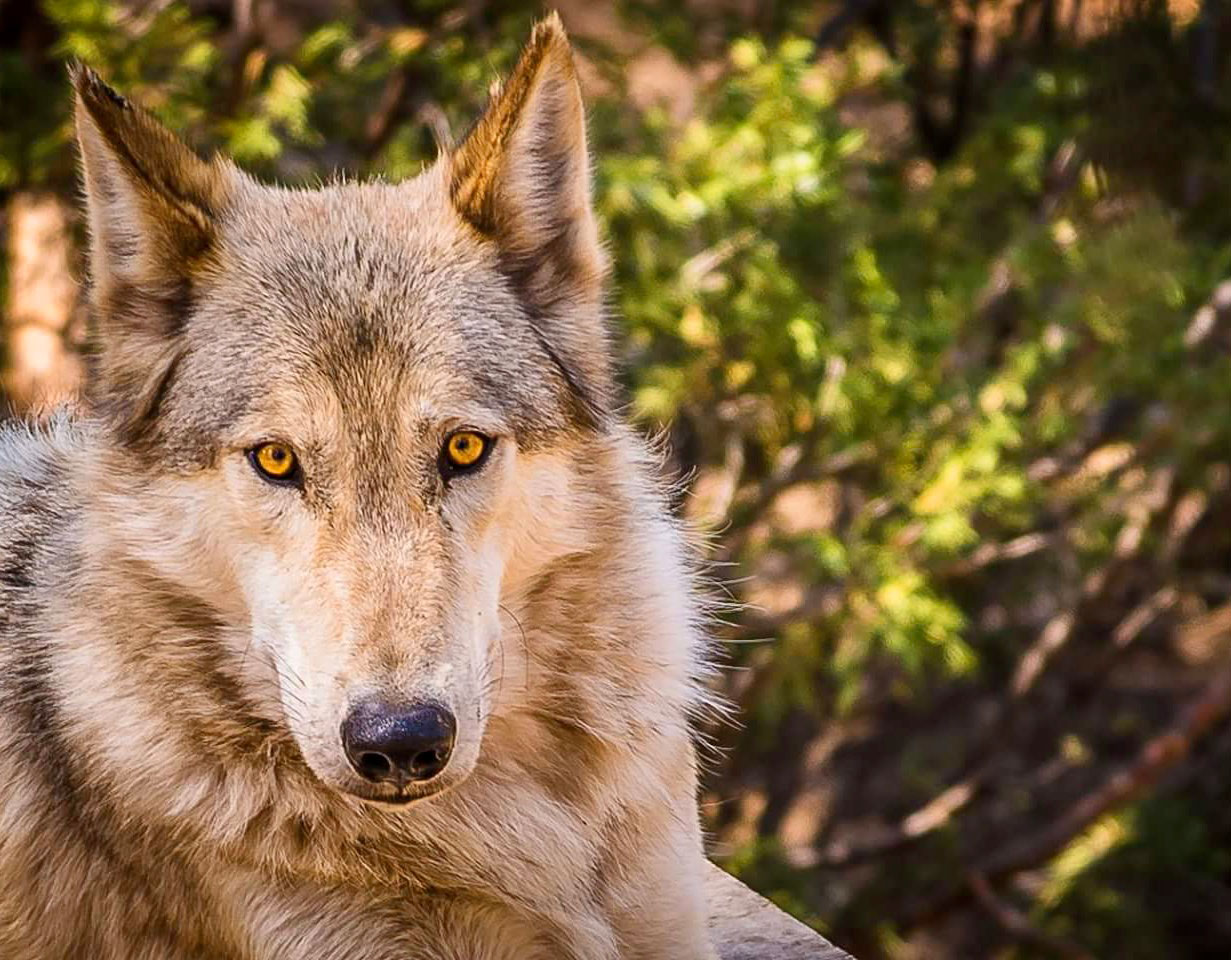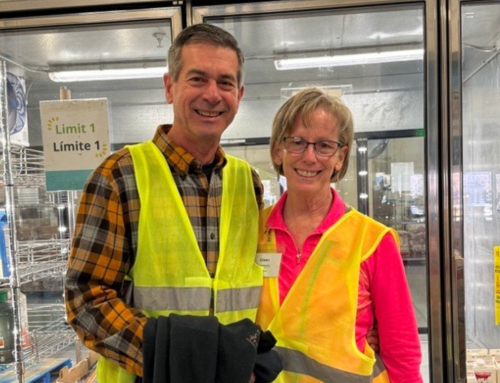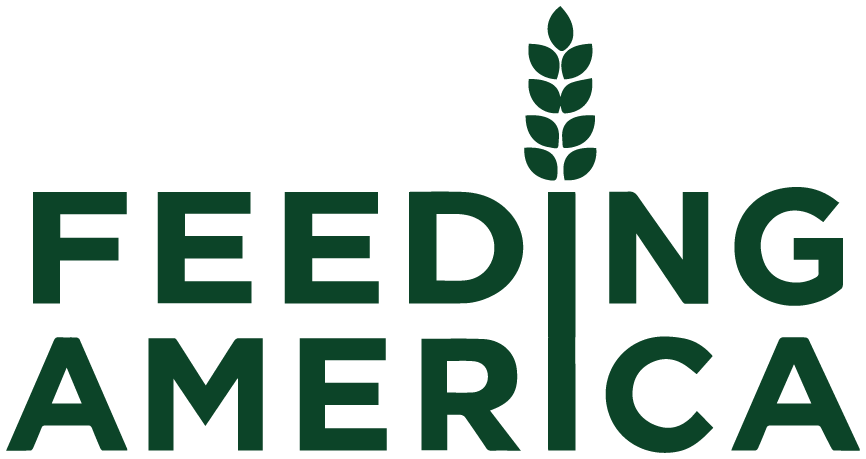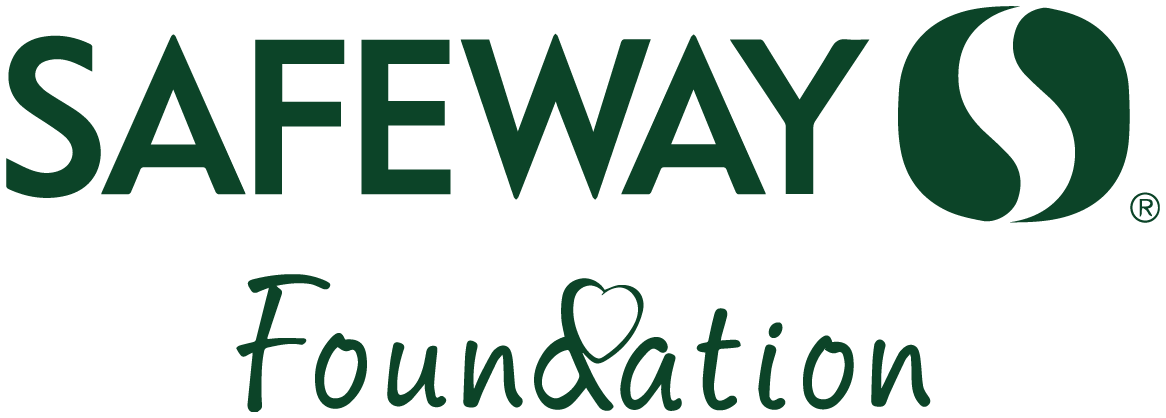As resident caretaker, Dave regularly takes time to sit with the wolf-dogs at Song of the Wolf Healing Center.
One morning, the alpha female wouldn’t stop licking his ear. Surprised to find that it wasn’t covered in jelly from his breakfast toast, he shrugged it off.
Two days later, he contracted an ear infection in the same ear — an affliction the wolf-dog sensed before it hit. Dave describes this clairvoyance as the “you-gotta-see-it-for-yourself” power of wolf-dogs: “You know, you really can’t quantify it empirically, but if you watch it, it’s undeniable that there’s some sort of mystical or metaphysical process that occurs.”
Song of the Wolf is a lifelong home to surrendered wolf-dogs roaming acre-wide enclosures. Located in Bailey, Colorado, it’s currently home to eight wolf-dogs, all of which were born into captivity. Because they did not learn the strategies needed to survive in the wild — like how to hunt — they can never be released.
The center offers healing to both the animals who call it home, as well as the humans who have the privilege of visiting. Co-Founder Mary Ann McCain’s mission is to connect the meditative, healing component of wolf-dogs with men and women struggling with substance abuse.
When treatment centers from the greater Denver area bring groups to Song of the Wolf, clients complete a service project, followed by one-on-one encounters with the wolf-dogs. Their visits conclude with a group therapy session, facilitated by Mary Ann, a licensed therapist for more than 30 years.
What does Community Food Share have to do with all of this? Song of the Wolf feeds the wolf-dogs with what we call our “isolated” meat. When we receive meat that is no longer fit for human consumption, rather than throwing it away, we save it for the wolf-dogs.
As of 2021, we rescue 13 tons of food a day, and while the vast majority of it goes on to nourish local families and individuals, this partnership represents another way we prevent food from going to waste.
And this partnership is made possible by supporters like you. The next time you donate food, volunteer in our sorting area, or provide a monetary gift, know that your support not only fights local hunger; the impact ripples to other meaningful causes like refuge for abandoned animals and healing for the human spirit.
This story originally appeared in our Winter 2020 Newsletter.
Why are meat donations set aside for wolf-dogs?
We distribute as much of the meat that we receive as possible because protein is a most-needed item at our food bank. Sometimes, meat is donated that is no longer considered safe for human consumption, and we repurpose it as animal feed. This includes meats that are damaged or have opened packaging, unlabeled, under an active recall, or expired for more than a year. For the latter, we distribute meat up to one year past expiration because, according to the USDA, the dates applied to food are for quality, not safety (with the exception of infant formula).
For more information on safely consuming foods past their printed date, check out the USDA’s FoodKeeper App.



